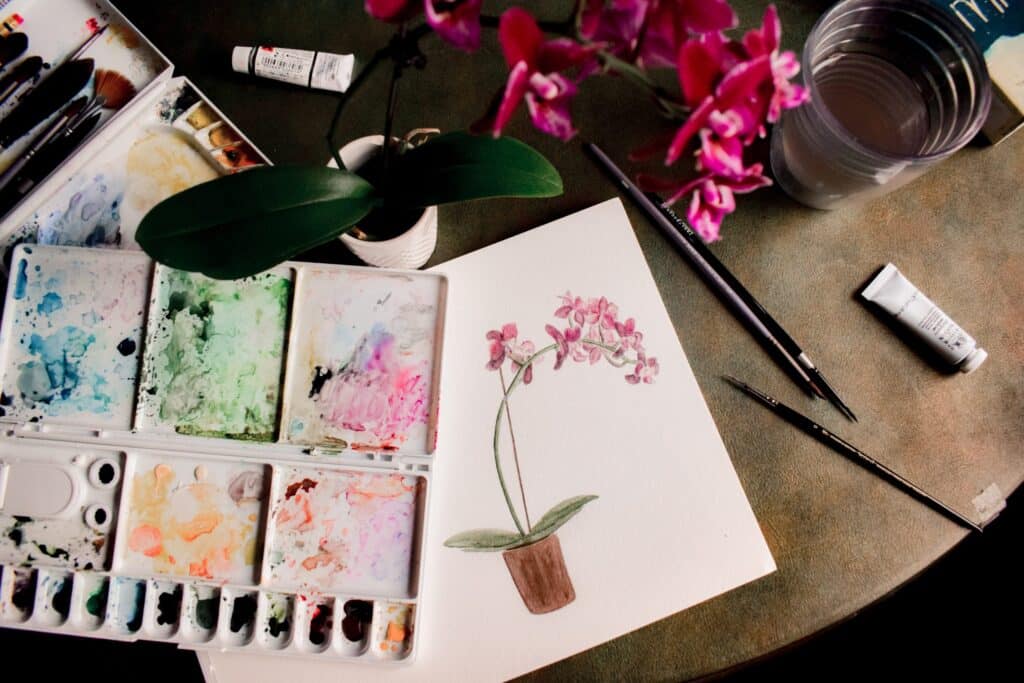Opioid use disorder is a brain disease in which the habitual misuse of the substance, both prescription and illicit, can rewire the brain to prioritize use despite any and all negative consequences. Part of what makes this phenomenon possible is neuroplasticity, signifying how the human brain can be molded through repeated behaviors over time. The good news is that neuroplasticity can also be beneficial to healing in addiction recovery, most notably through introducing new hobbies that engage the brain’s serotonin and dopamine levels, which can be diminished by opioid misuse.
Why are Hobbies Essential for Long-term Recovery?
Many people in early recovery struggle with what they perceive as boredom because acquiring and ingesting drugs used to take up so much of their time and mental bandwidth previously. When they begin to embark on new tasks or activities, areas of the brain that were once dulled by chronic substance misuse are stimulated and, with time, begin to heal and regenerate. Enjoyable hobbies that require problem-solving can evoke a sense of accomplishment, boost the brain’s feel-good chemicals, and slowly balance the natural reward pathway. Also, the social aspects of pursuing new interests, especially in group settings, help build new friendships that can prevent loneliness that can sometimes be triggering for those in recovery. Overall, these endeavors are always worthwhile and will significantly increase a patient’s chances of staying in recovery.
Gardening
A famous quote rings true! “You can bury a lot of troubles digging in the dirt.” Not only does gardening add value to the world by boosting the local natural ecology, but it’s also incredibly fulfilling to see your food go from seed to fruit! It can be a sole activity, but there are tons of garden groups in almost every community where people share seeds and knowledge while creating something beautiful. Whether it’s a small apartment balcony full of potted plants or an acre of beds brimming with vegetables and flowers, getting in touch with nature and the process of plant growth can be an incredible learning process.
Outdoor Activities and Sports
Regardless of someone’s fitness level, partaking in walking, cycling, swimming, and other activities enjoyed in nature can have a tremendously positive impact on health. Even low-impact physical activity can help reap the benefits of exercise like feel-good endorphins and stress-release. There are also several beginner-friendly sports that can be enjoyed indoors for people living in climates with harsh winters, especially those that can be enjoyed in a group, such as badminton, dodgeball, ping pong, and many others.
Art and Skill Classes
Many people don’t realize they have untapped creativity waiting to be released, and art isn’t limited to paint and canvas. Cooking, crafting, woodworking, leather making, pottery, car restoration – the options are limitless! All of these activities are worthwhile and create some beautiful final products, too. Many patients who take on creative hobbies find that they’re a great way to avoid cravings and negative thinking, which is essential for relapse prevention.
A bright and beautiful world awaits those who seek long-lasting recovery from substance use disorder. BAART Programs offer effective, outpatient medication-assisted treatment that includes substance use counseling and access to many more addiction specialist referrals to help patients reach their goals. For more information about treatment at BAART Programs, message or call a local clinic today.



